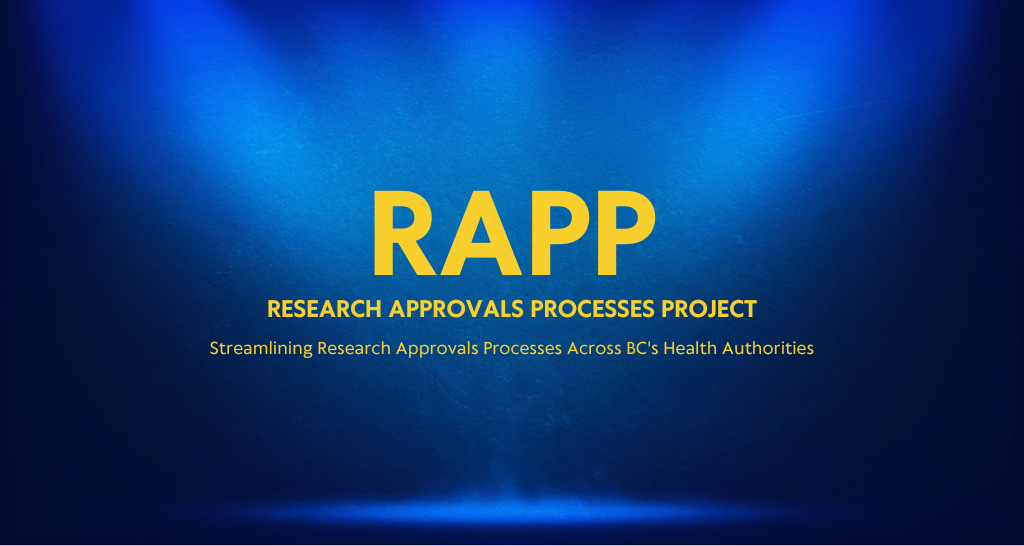Regulatory update: Fall 2022
24 October 2022

Clinical Trials BC Chronicle Fall 2022 – by Jean Smart, Regulatory Affairs & Quality Officer, Clinical Trials BC
A component of compliance is the ongoing monitoring trends, keeping a pulse on influencers and surveillance of observations nationally and internationally. The latter includes looking at the trends in classification of the risk categories for clinical trial inspection observations.
Health Canada has posted an update (version 2) of the Health Canada Clinical Trial Risk Classification Guide known as ‘Health Canada, GUI 0043 – Risk Classification Guide for Observations related to Inspections of Clinical Trials of Human Drugs. September 29, 2022.’ This is officially noted in the Gazette II (the Canadian Government newspaper) as replacing the last version which came out in August of 2008.
The guide applies to clinical trials involving pharmaceuticals, biologics, gene therapies, cell therapies, blood products, vaccines and radiopharmaceuticals for human use. It does not apply to natural health products or medical devices. It applies to remote and on-site inspections and the following parties: Qualified Investigators, Sponsors, CRO’s, SMO’s, Vendors or any other party involved in activities related to the clinical trial.
The guide describes how inspectors classify observations using a 1-3 range risk grading (minor 3, major 2, critical 1) which is similar to but not harmonized with other regulatory authorities. In this guidance version there is content on how the overall Health Canada rating (Compliant C or Non-Compliant NC) is assigned. The guidance provides examples of common inspection observations with a heavy emphasis on Risk 1 and Risk 2 examples. As well, the guidance suggests situations that could result in a NC rating. The new document is to be used by the Regulatory Operations Enforcement Branch (ROEB) officers to promote consistency in the assignment of both ratings and observations.
Health Canada Guidance 0043
For more information on the Clinical Trials BC’s AIPP program modules (7) or bookings/events, visit the Clinical Trials BC Educational Programming or contact Nhan Do at ndo@healthresearchbc.ca.





